At Rs 5 per litre, JanaJal’s 300 water ATMs provide safe drinking water to 3 lakh people
Started by two brothers in 2013, JanaJal aims to make safe drinking water accessible for all.
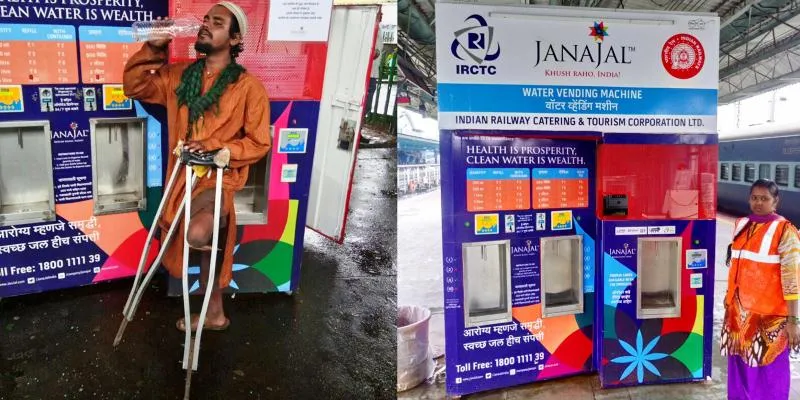
The United Nations recognises access to clean water as a basic human right. India is, however, home to over 16 crore people who don’t have access to water. More than a fifth of all communicable diseases in India are spread due to unsafe water and lack of hygiene. According to water.org, over 500 children in India die every day due to lack of safe drinking water.
Groundwater and rivers, the two primary sources for water in India, are stretched to the maximum. Owing to rapid urbanisation, unchecked industrialisation, and pollution of water sources, access to safe water in India remains a major challenge.
Social Enterprise as solution
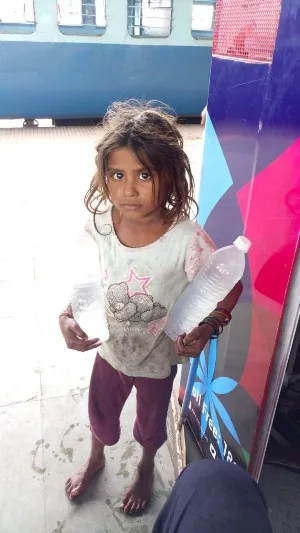
JanaJal installs, operates, and maintains these water ATMs, which can operate on both regular electricity supply as well as solar power. They are highly configurable on a need-basis. Parag tells us,
“Every installation has a capacity of up to 15,000 litres per day and serves water chilled and at room temperature. Every system dispenses water in different capacities such as 300 ml, 500 ml, one litre, two litres, five litres and 20 litres depending on the need.”
Initially bootstrapped by its founders, in February 2017, JanaJal secured an investment of $5 million from Tricolor Cleantech Capital, a social impact fund based in the US. Comparing India’s water situation with that of US, Doug Vaughn, the founder and Managing Director of Tricolor Cleantech Capital says,
“India's social infrastructure and massive population create challenges that the US does not have to grapple with in the same way. Specifically for water, India lags the US in accessibility and consistency of clean drinking water.”
Affordable and safe
“One litre of chilled water is priced at Rs 5. This price has been approved by the IRCTC and is being implemented uniformly across all railway stations in India,” Parag tells us.
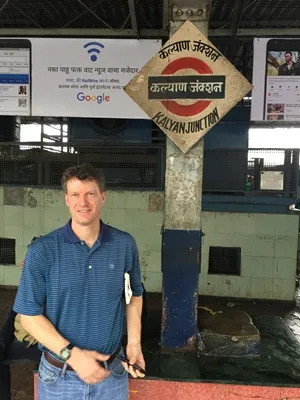
To lower the price of the water further, Janajal has developed a cascading price model wherein users can receive 20 litres of water for Rs 20. The company also collaborates with corporates, NGOs and charitable foundations to further subsidise the end user price. Parag tells us,
“We installed five water ATMs in Khora colony in Ghaziabad where 20 litres of water is being made available at just Rs six, thanks to the support we received from Hans Foundation.”
The social enterprise remotely monitors all the ATMs using cloud-based IT infrastructure. “The cloud-based system works in real time. It not only provides dispensing data but also system health, purity level of water dispensed, and enables us to ensure smooth functioning of the system.”
JanaJal has also collaborated with a laboratory certified by National Accreditation Board for Testing and Calibration Laboratories (NABL). The lab conducts routine tests to ensure that the quality of water is not compromised.
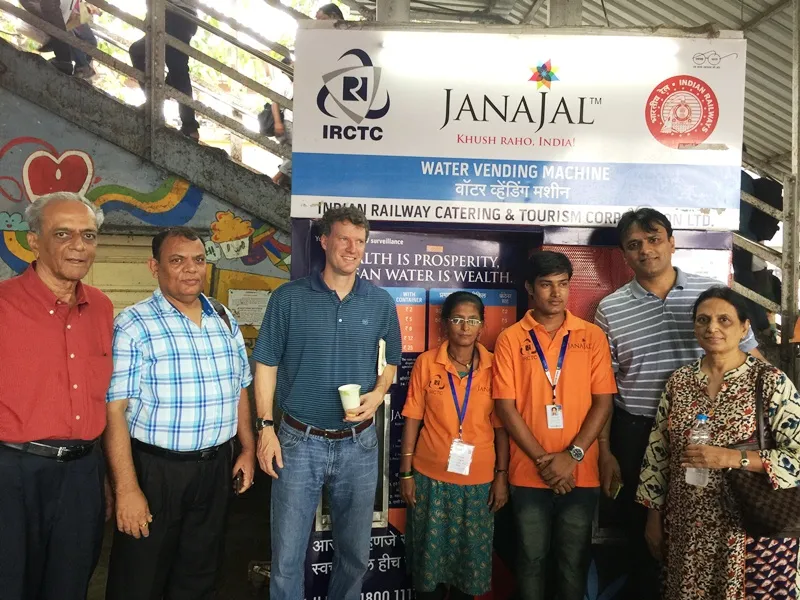
Managing operations and growth
JanaJal works with local administrative bodies and government agencies such as IRCTC. Once the suitable site and water and electricity connections are authorised, systems are installed, operated and maintained by the company. In the process, JanaJal is also creating social entrepreneurs at the grassroots through its upskilling and vocational training programmes.
Due to the diverse geographical variations of India, water quality changes rapidly across different parts of the country. In order to cater to all types of needs, JanaJal has adapted a technology-agnostic approach. “This has proved to be one of JanaJal’s biggest strengths,” Parag adds.
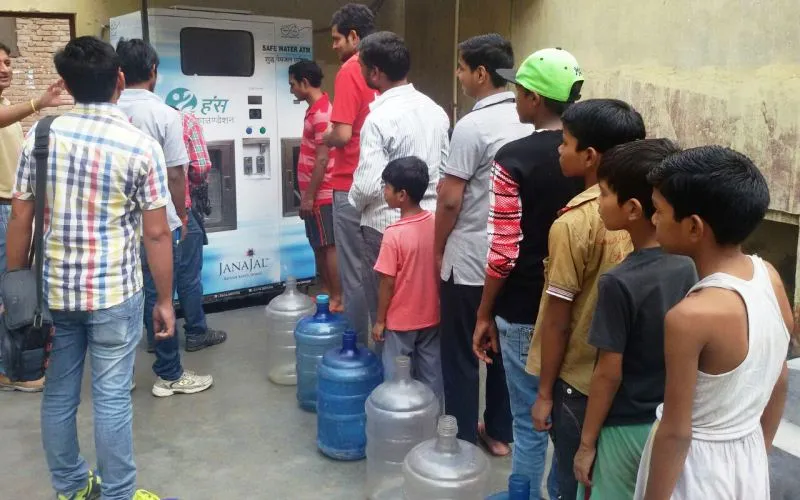
Impact
JanaJal currently runs over 300 water ATMs that have been installed under various operating models. Janajal’s current installation base spans across Gujarat, Maharashtra, Tamil Nadu, Andhra Pradesh, and Delhi NCR. “Currently, every water ATM caters to approximately 800-1,000 persons per day. This is expected to rise exponentially over the next five years.”
JanaJal plans to cross the number of 1,000 installed water ATMs across India in the next 12 months. “Our management team has prepared a pragmatic execution plan supported by an IT-enabled backbone. This will allow remote management and supervision of all systems providing qualitative and quantitative efficiency,”says Parag.
“Clean water is a basic right and need for all. The Government of India has identified this need and is making strides to improve the availability of safe drinking water, and we think JanaJal is a small part of the solution possible. Too many people in India don't have easy access to affordable and consistently clean and safe water. JanaJal can have significant reach given the flexibility of our systems and our customer service focused model,” Doug adds.







